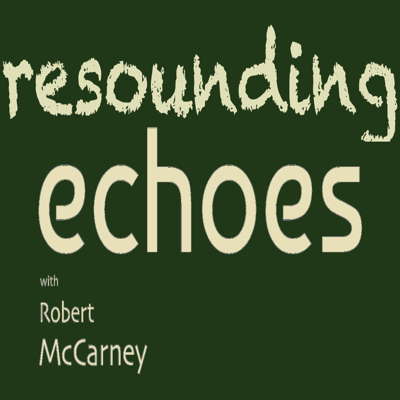 SPONSORED: DVD Spotlight. Olympic Scale - Charles Gounod's Roméo et Juliette, reviewed by Robert Anderson.
SPONSORED: DVD Spotlight. Olympic Scale - Charles Gounod's Roméo et Juliette, reviewed by Robert Anderson.
All sponsored features >>
Alicia Alonso
Cuban ballet dancer and choreographer Alicia Alonso was born in Havana on 21 December 1920. She began to dance when a child and studied ballet with Nikolai Yavorsky in Havana at Societad Pro-Arte Musical, performing in public from the age of eleven. Her first serious debut was in Tchaikovsky's Sleeping Beauty in 1932. At sixteen she married a fellow ballet student and they moved to New York, where she gave birth to a daughter and continued her training at the School of American Ballet. In 1938 she performed in the musical comedies Great Lady and Stars in Your Eyes.
After experiencing vision problems, she had three operations for a detached retina, and had to lie still in bed for a year, during which time, in her mind, she taught herself to dance Giselle. After this, she survived an explosion of glass when a door at her home was shattered by a hurricane.
She began to rebuild her skills, with partial sight in one eye and no peripheral vision. She was asked to dance Giselle for the American Ballet Theatre, replacing the company's prima ballerina at short notice, immediately getting star reviews from critics. She was promoted as the company's principal dancer, and her colleagues helped her to conceal her visual handicap whilst dancing.
She continued to dance Giselle, but also performed in other classical ballets and first performances of new ballets such as deMille's 1948 Fall River Legend, in which Alonso danced as The Accused.
She had developed a reputation for intensely dramatic dancing, ultra-pure technical work, and as a top interpreter of classical and romantic repertoire, but she wanted to develop ballet in Cuba, so in 1948 she returned to create the Alicia Alonso Ballet Company in Havana. It began using out-of-work ballet dancers from New York, with Alonso as General Director and her choreographer brother Alberto as artistic director. The company toured South America. Alicia Alonso also created a ballet academy in Havana, because she wanted to showcase Cuban dancers.
She ruled her company in a very authoritarian way, limiting the careers of other dancers who might compete with her own career, and some Cuban dancers had to defect to other companies abroad to further their own careers.
She danced internationally, and was the first dancer from the Western Hemisphere to perform in the Soviet Union.
When Fidel Castro came to power in Cuba, Alonso's international travel was limited, but she was invited and given funding to form a new Ballet Nacional de Cuba, which she ran from 1960 until 1980, her dancers winning international competitions.
Alonso continued to dance into her seventies. Her life is featured in the 2015 documentary film Horizontes, and various books have been written about her.
Alicia Alonso died, aged ninety-eight, in Havana, on 17 October 2019.



